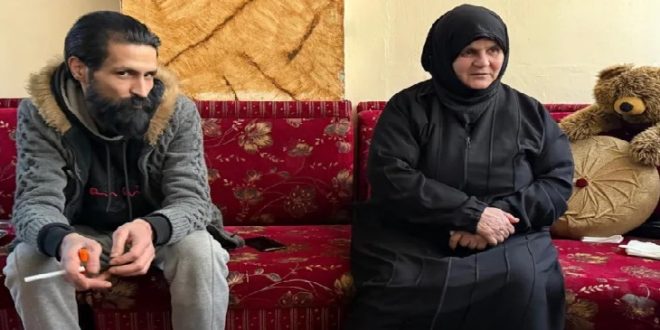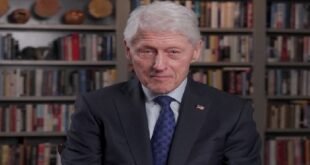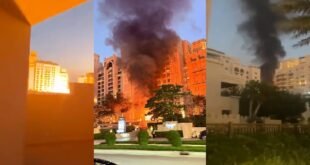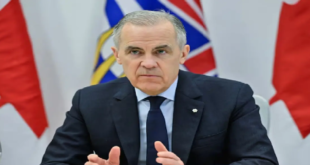08-01-2025
DAMASCUS: On the edge of Douma, one of the Damascus suburbs most devastated by the war, in a shrouded living room next to a stove, Umm Mazen recounts the 12 years she desperately sought news of two of her sons, who were arrested in the first years of the uprising and civil war, and swallowed up in the Assad-era security system.
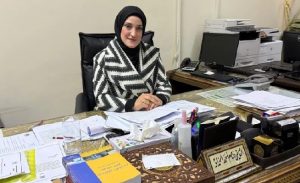 For her oldest son, Mazen, she finally received a death certificate but for Abu Hadi, no trace of him has ever been divulged.
For her oldest son, Mazen, she finally received a death certificate but for Abu Hadi, no trace of him has ever been divulged.
Her third son, Ahmed, spent three years in the security system, including eight months in the red block for political prisoners in that byword for brutality, Saydnaya prison. His front teeth stoved in by a torturer’s hammer, he remembers one moment when he believes he heard his brother Mazen’s voice answering a roll call in the same jail, but nothing more.
What justice does Umm Mazen seek for the destruction of her family?
“There should be divine justice, coming from God,” she says.
“I saw some local men bringing a shabiha (an armed regime supporter) to be killed.
“I told them: ‘Don’t kill him. Rather, torture him exactly the same way he tortured our young men’.”
“My two children died or probably have died, but there are thousands of other young men who were subjected to torture. “I pray to God that Bashar (al-Assad) stays in a dungeon underground and that Russia, which used to protect him, can’t help him.
“I pray to God to put him somewhere underground and that he is left in oblivion just as he left our young men in his jails.”
Lawyer Hussein Issa sought justice for dozens of people accused of political crimes under the Assads.
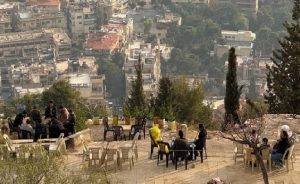 He faced constant pressure from the authorities over his advocacy, but persisted and managed to save some of his clients from being crushed under the wheels of the security system but for those assigned to the special terrorism courts, there was usually nothing that could be done. The terrorism law loomed ever more darkly over Syria as the civil war continued.
He faced constant pressure from the authorities over his advocacy, but persisted and managed to save some of his clients from being crushed under the wheels of the security system but for those assigned to the special terrorism courts, there was usually nothing that could be done. The terrorism law loomed ever more darkly over Syria as the civil war continued.
Now, with the mountain on the edge of Damascus glimpsed through the window of his scruffy, smoke-filled office, the 54-year-old lawyer says he believes that many of the judges who were complicit with the Assad regime should be kicked out and legal action taken against them but others from that era, he says, could still play a role in the new judiciary.
As for the huge challenge of trying to deliver retrospective justice for the horrors of the past 50 years, Issa says that establishing a judicial system capable of this is the most important task for Syria’s new authorities.
“If this system is not good, the future of the new state will be grim.
“We don’t know how bad it could then get. We are already afraid that some parties could cause strife and conflict.
“If we have a strong system and state, then we won’t be afraid of these things.
“If we don’t have them, we will be fearful. However, since I’m optimistic by nature, I think the new regime will definitely be better.” The monumental building in the Syrian capital where the justice ministry is located has been in suspension for several weeks after the fall of Assad. Now, clusters of lawyers have gathered in the lifts and corridors ahead of the reopening of the civil and criminal courts.
In her fifth-floor office, the Deputy to the Minister of Justice, Khitam Haddad, says that criminal and civil cases will once again be dealt with, but the task of dealing with the crimes committed under the previous regime will not be tackled for now. (Int’l News Desk)
 Pressmediaofindia
Pressmediaofindia
